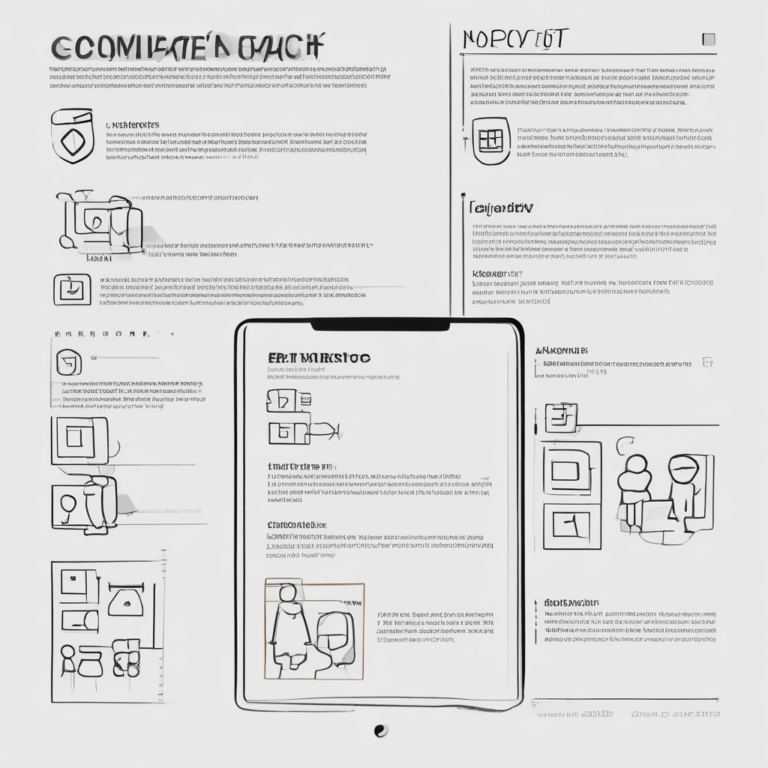2025 Gen AI Trends: Privacy, Adoption, and Compliance
In 2025, the landscape of Generative AI (Gen AI) adoption is reshaping frameworks of privacy, governance, and compliance across numerous global industries. This transformation reflects the evolving perceptions of regulatory impacts on Generative AI.
The Evolving AI Regulatory Landscape
The regulation of AI has become a pressing issue, particularly since the EU AI Act came into effect in August 2024. This act signifies a shift away from a previously fragmented governance approach, which had involved various stakeholders including academics and civil society, often too late to influence the conversation.
Now, as AI technology advances, so does public engagement. The governance community has matured, with organizations increasingly recognizing the relevance of AI in everyday life, prompting questions from the public about its implications.
At the forefront of this shift, events like the AI Governance Global Europe 2025 conference serve as platforms for regulators and privacy professionals to share insights on the regulatory landscape, which is now anything but a vacuum.
AI Governance: A Collaborative Effort
AI governance cannot be confined to a single function within organizations; it necessitates collaboration among legal, privacy, compliance, product, design, and engineering departments. The roles within governance teams are often dictated by specific use cases, varying significantly across sectors.
In regulated industries such as healthcare and finance, the urgency for robust governance frameworks is palpable. For instance, compliance in healthcare must align with existing patient care obligations, medical recordkeeping, and safety standards. Many organizations are adopting the EU’s guidelines as a global benchmark, thereby integrating AI governance into their existing privacy and compliance programs.
Challenges and Dilemmas in AI Governance
Despite the progress made, challenges persist. The pace of innovation often outstrips regulatory developments, leading to uncertainty about when and how to implement new rules. There remains a lack of consensus on best practices for AI governance, with various organizational contexts requiring tailored approaches.
Companies are now developing jurisdiction-specific playbooks to navigate the complexities of multinational regulations. The emergence of new governance roles, such as Chief AI Officer and Head of Digital Governance, reflects the necessity for leadership capable of bridging legal, technical, and operational domains.
Future Directions for AI Governance
Looking ahead, organizations are encouraged to integrate AI risk management into their established governance frameworks, leveraging existing practices to address new regulatory demands. Starting with an inventory of AI systems and their applications is critical for effective compliance.
As AI governance evolves, the convergence of privacy, security, and ethics into a unified model will be crucial. Fragmented approaches are unlikely to scale effectively, and organizations must strive for holistic management of AI risks to achieve strategic objectives.
In conclusion, the landscape of AI governance in 2025 is characterized by a complex interplay of regulatory requirements and organizational adaptation. As the demand for responsible AI adoption grows, the emphasis on clear governance structures will be essential for enabling progress and fostering trust.









